
Essential PPE in the Food Industry: What You Need to Know
Overwhelmed by PPE options for food safety? Master your PPE selection for food workers safety with these practical tips.

Get 10€ off on your first order!
When selecting overalls for mechanics, it’s essential to consider durability, safety standards, comfort, and functional design. The right overalls can improve productivity, ensure safety, and provide a professional look. In this guide, we’ll explore key factors to consider, including fabric types, safety certifications, and design features that meet the specific needs of mechanics in Europe.
Overalls are more than just work clothes for workers; they protect them from cuts, spills, and other dangers. To pick the right pair, you have to find a balance between comfort, longevity, and European standards. Good overalls keep clothes clean, protect workers from common risks in the workshop and often have useful features like multiple pockets and strengthened areas.
Below are essential considerations when choosing mechanic overalls:
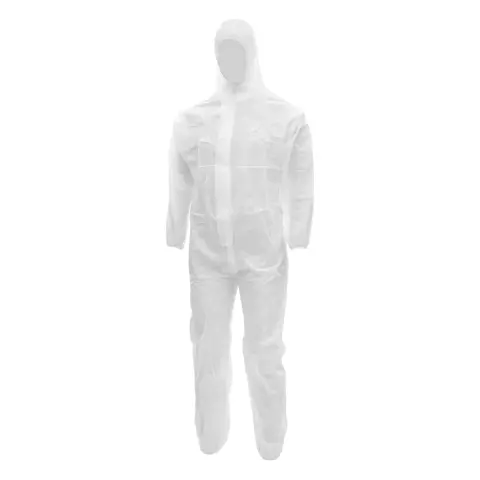
/package

/piece

/package

/piece

/package

/package
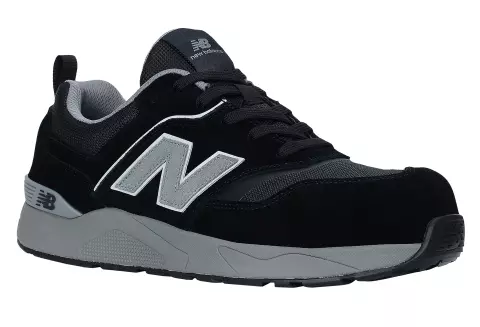
/package
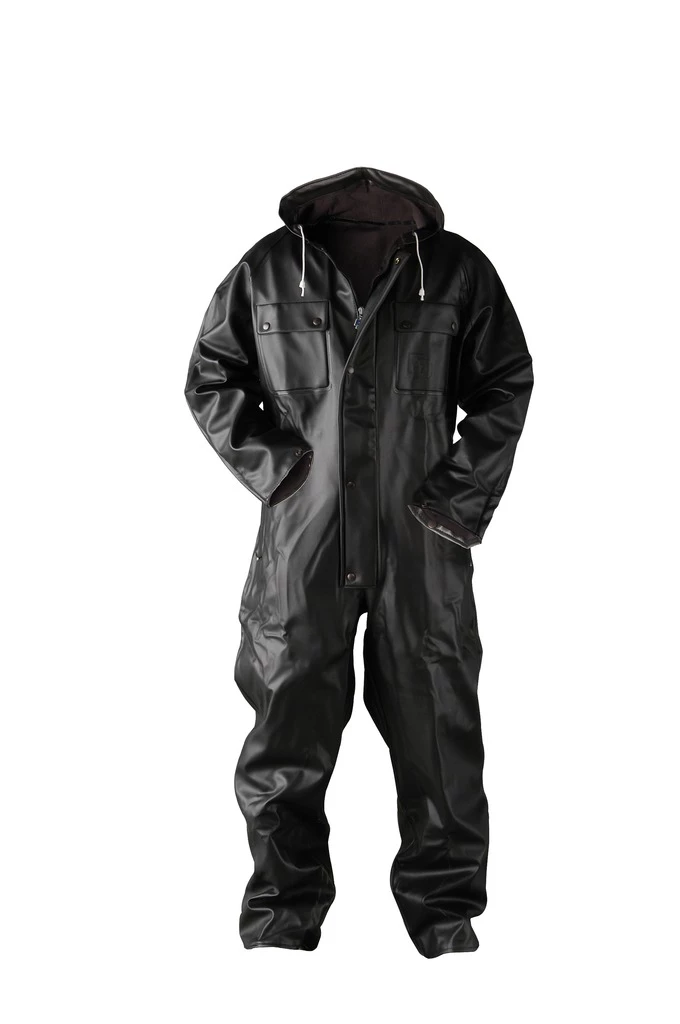
/package
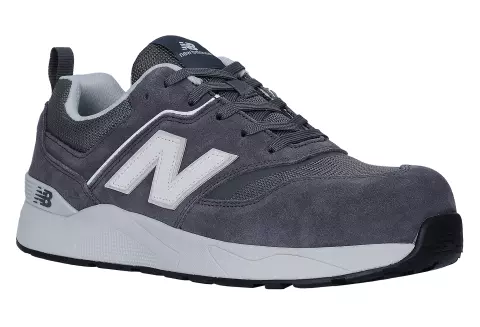
/package

/package
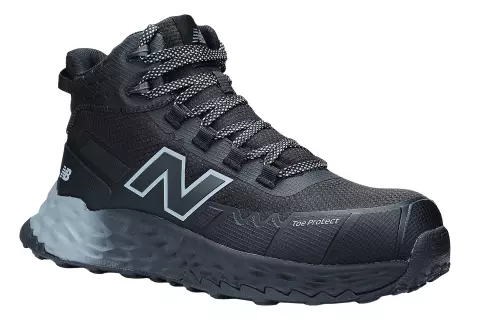
/package

/piece
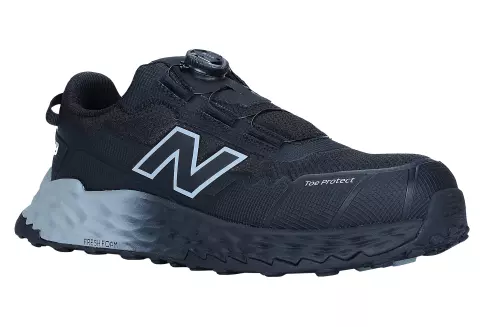
/package

/package
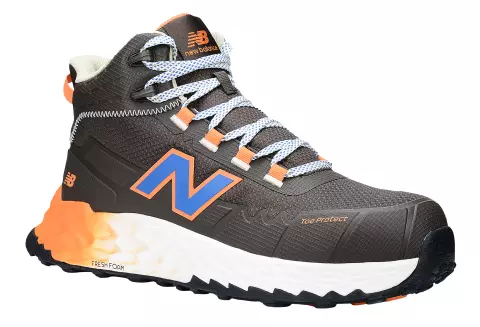
/package

/package
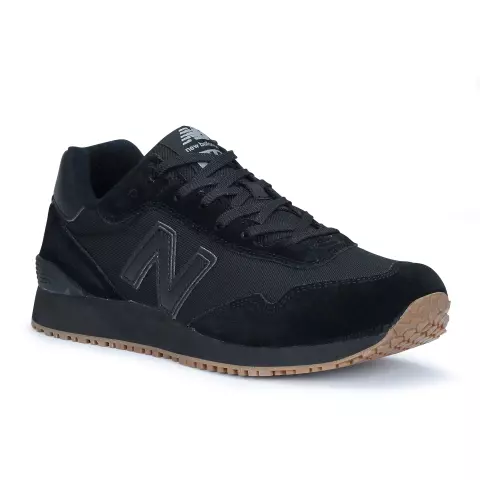
/package
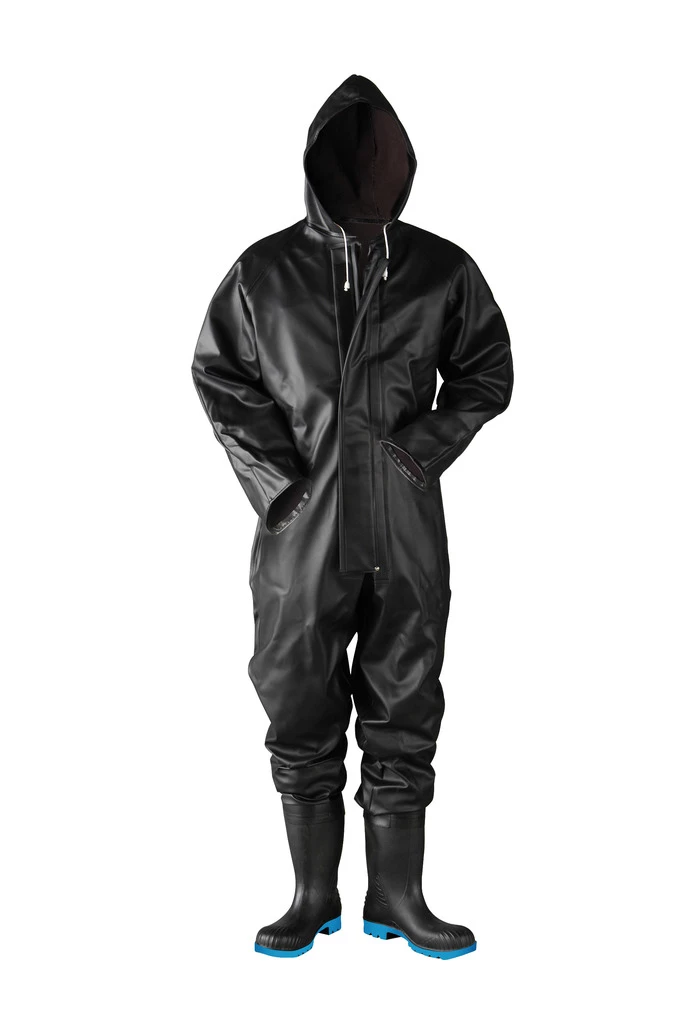
/package
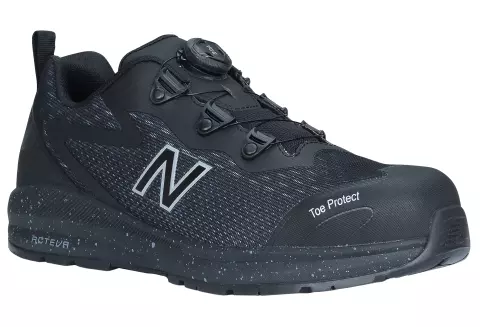
/package
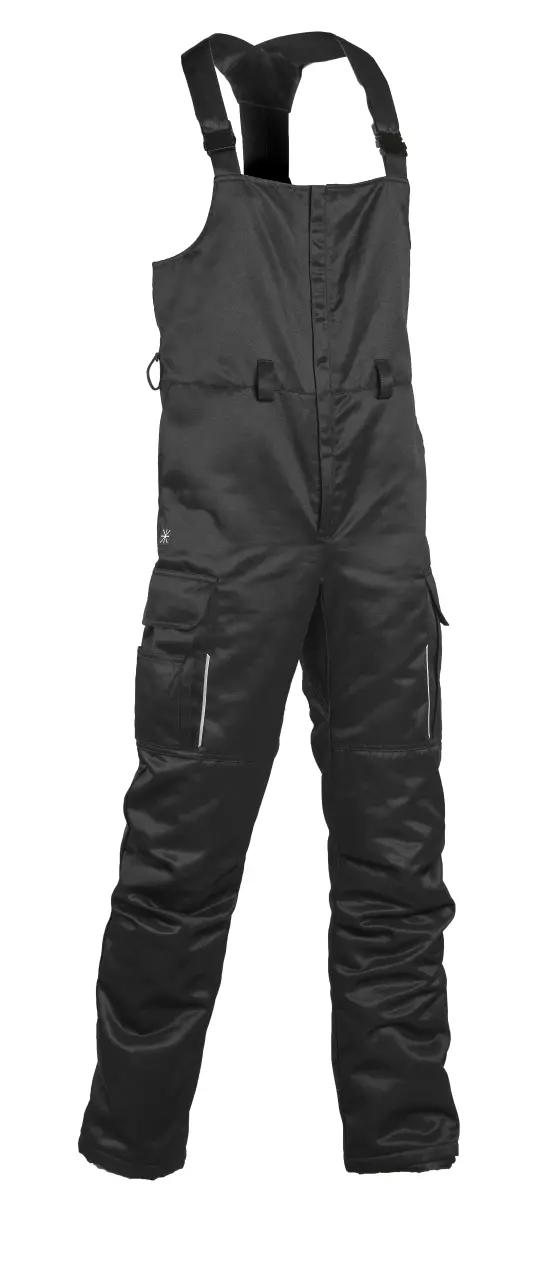
/piece

/package
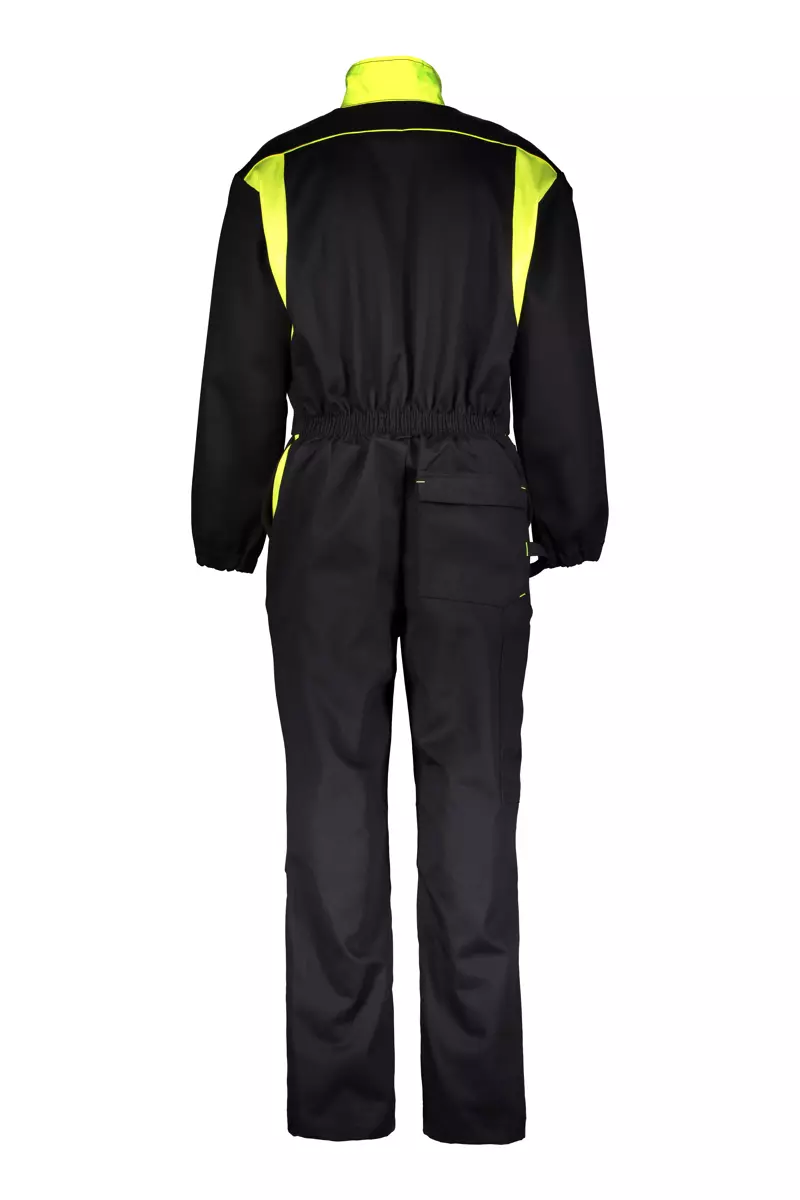
/piece

/package

/piece
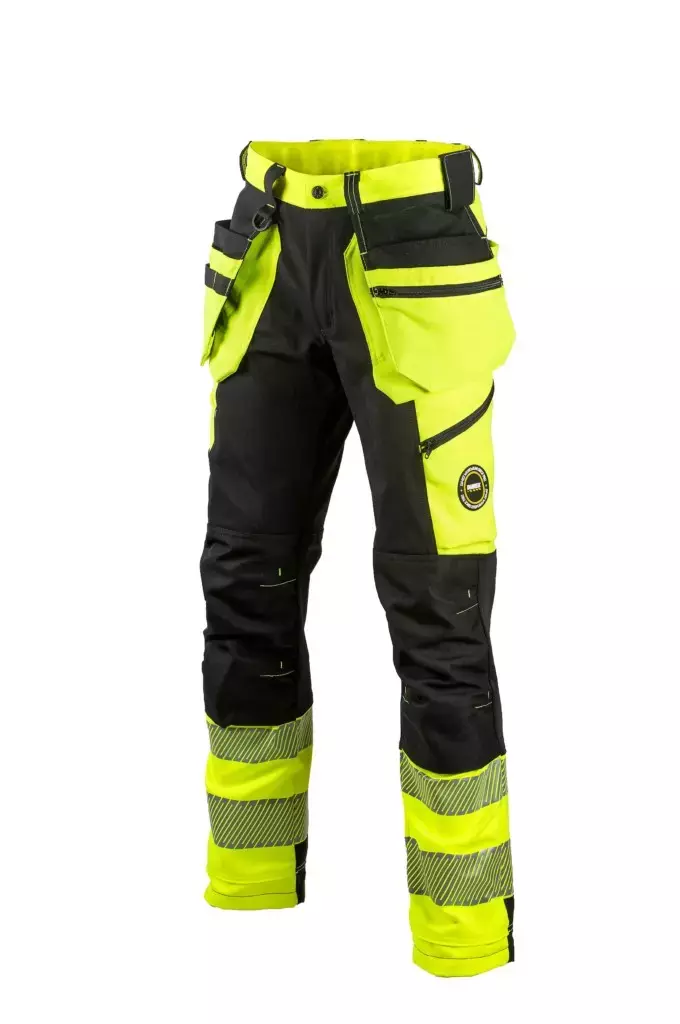
/piece

/package

/package

/piece
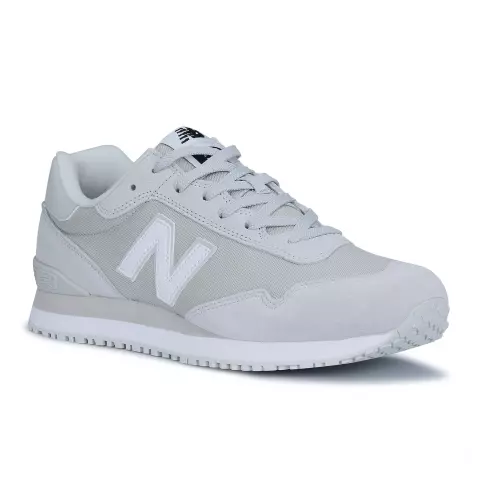
/package
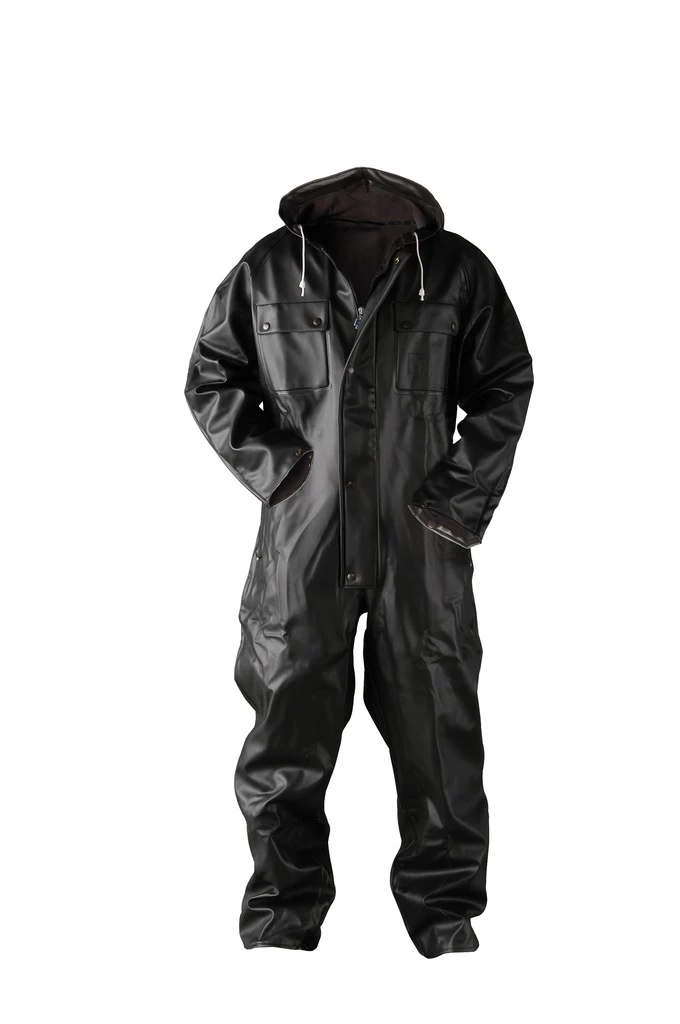
/package
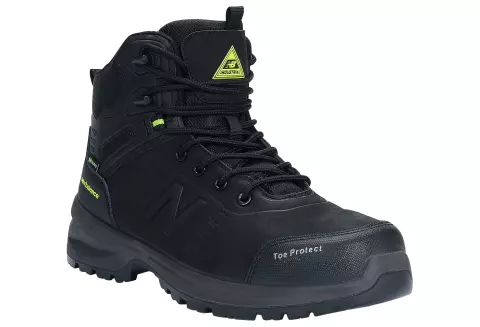
/package

/package

/pair

/piece
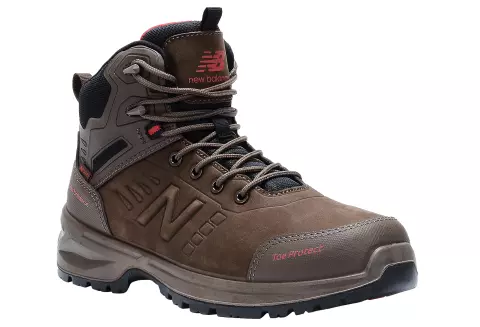
/pair
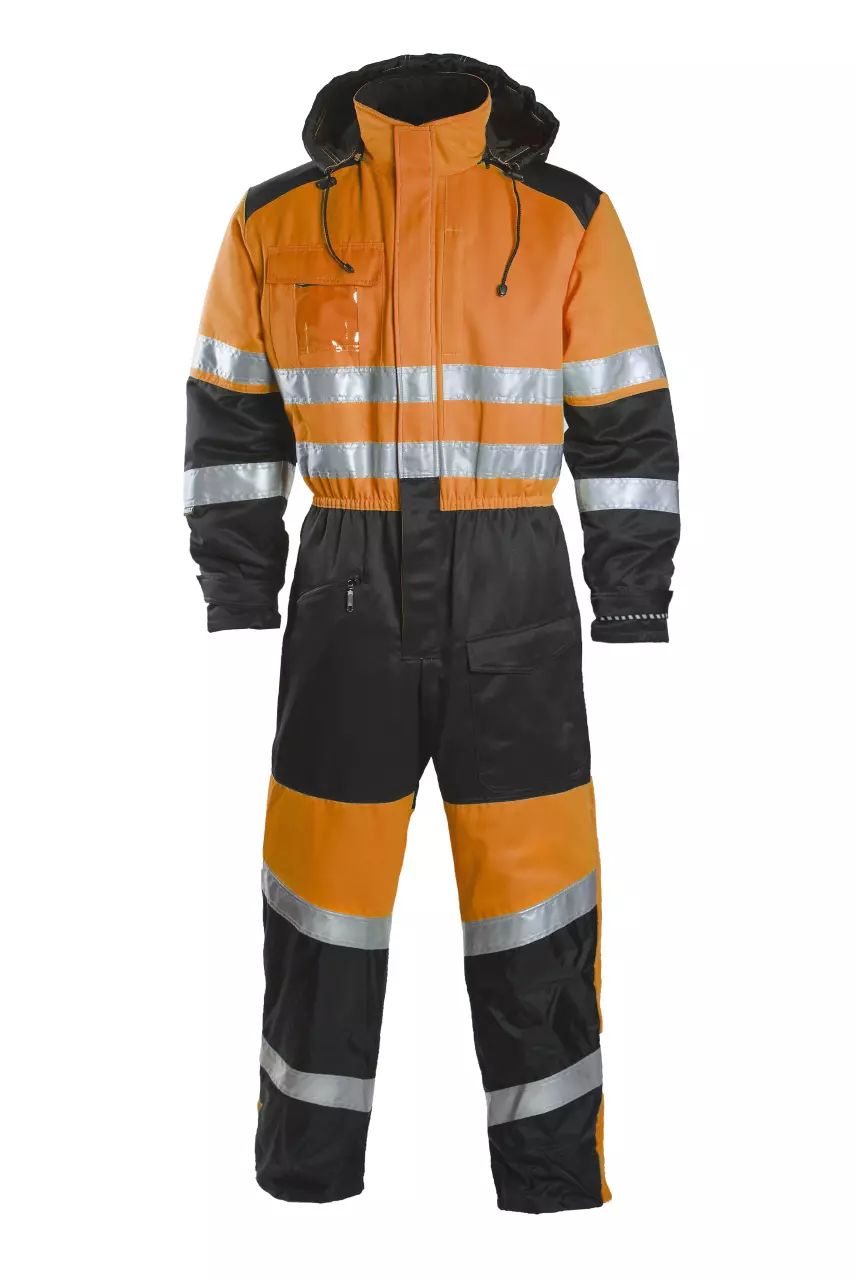
/piece
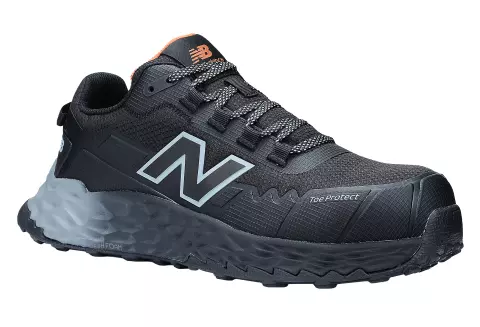
/package

/package

/package

/package
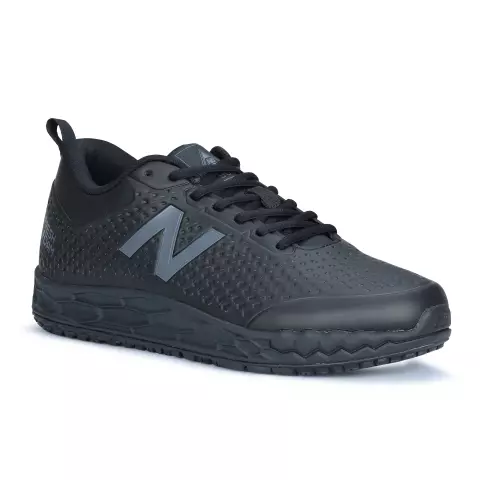
/package

/package
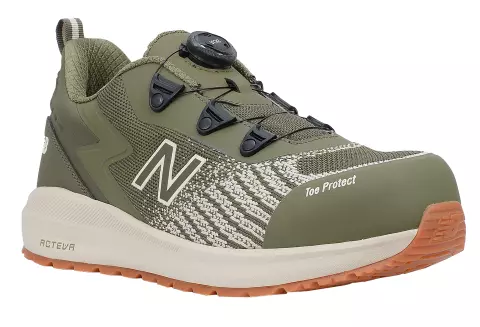
/pair
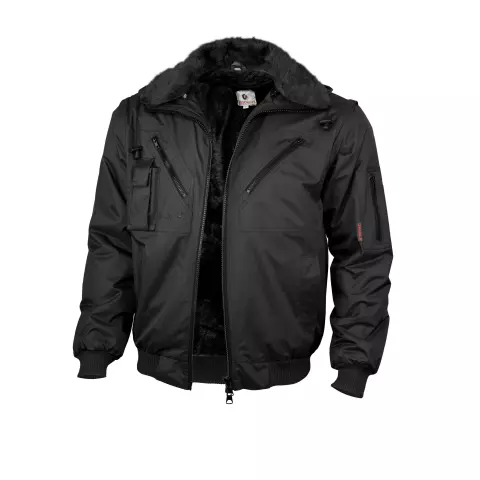
/package
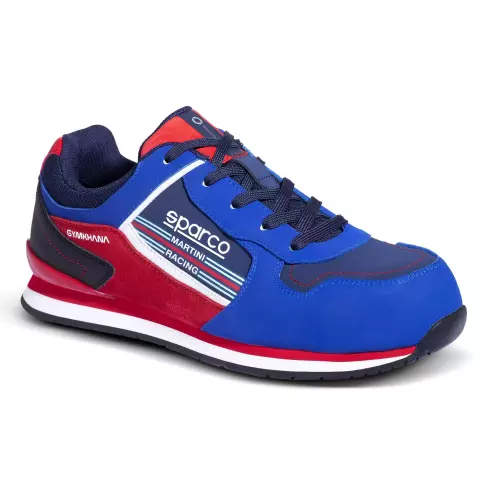
/pair

/package

/pair
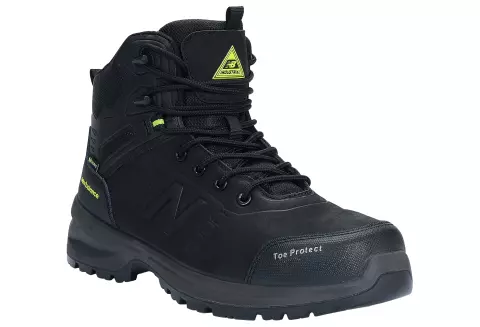
/pair

/package
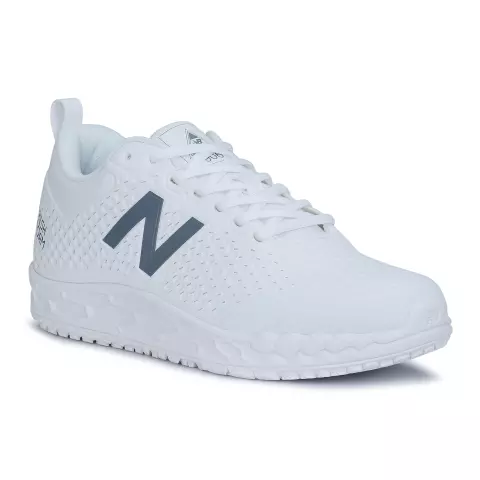
/package
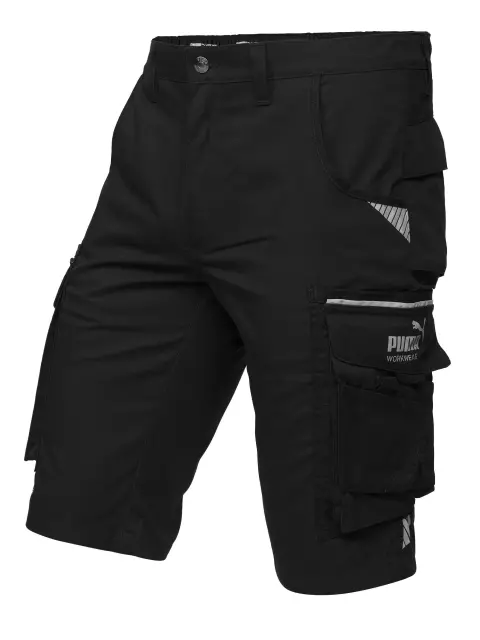
/piece
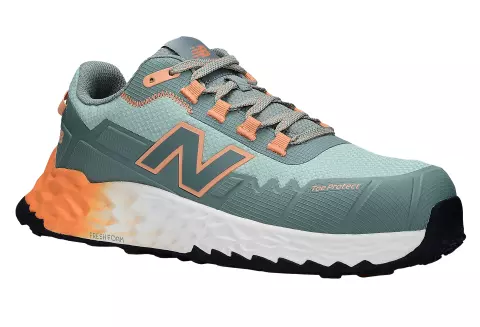
/package

/package
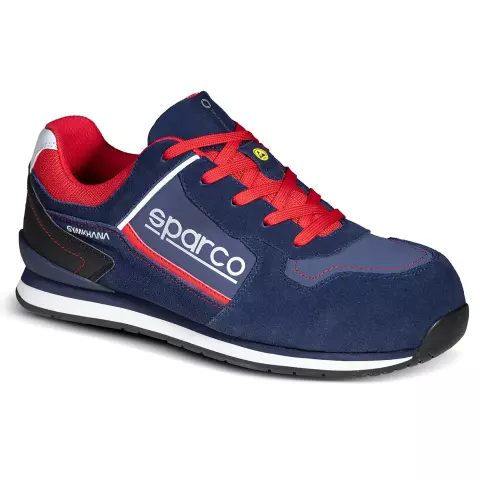
/pair
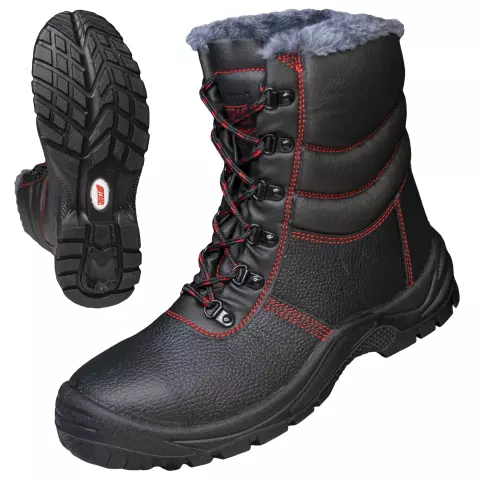
/package
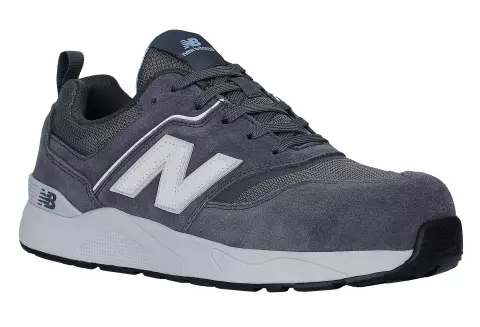
/package
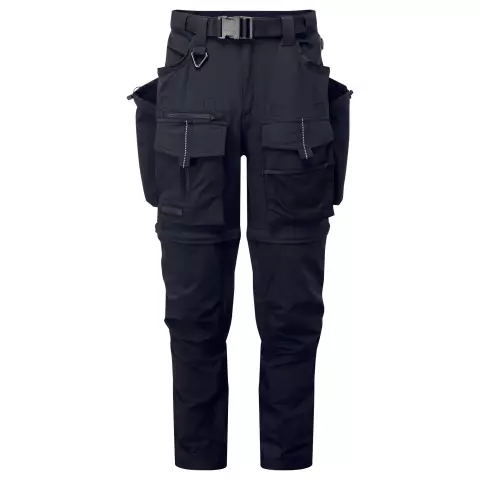
/package
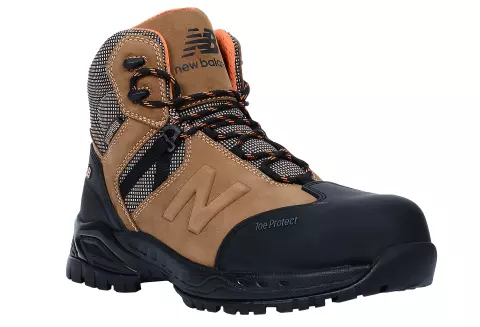
/package
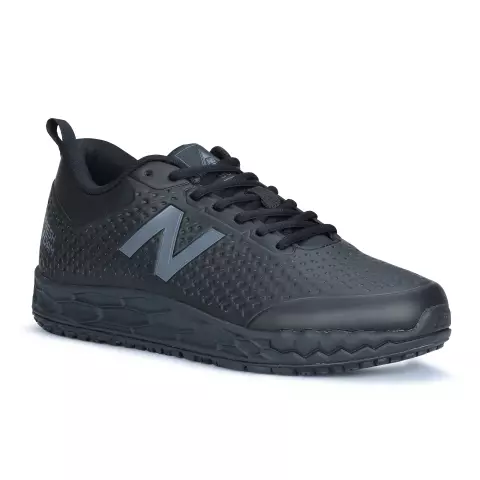
/package

/package

/pair
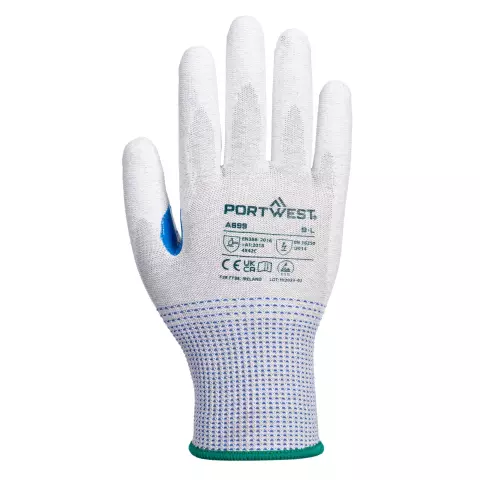
/package

/package

/package

/package

/pair
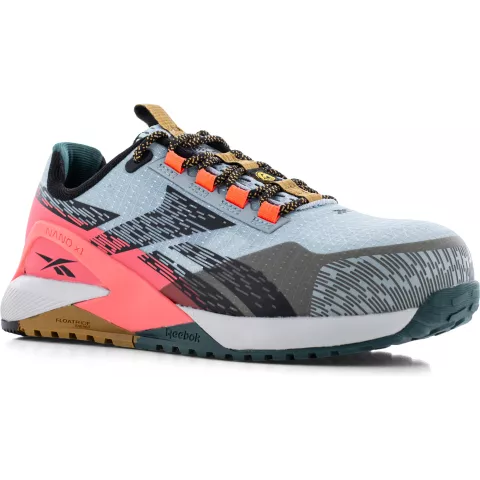
/pair
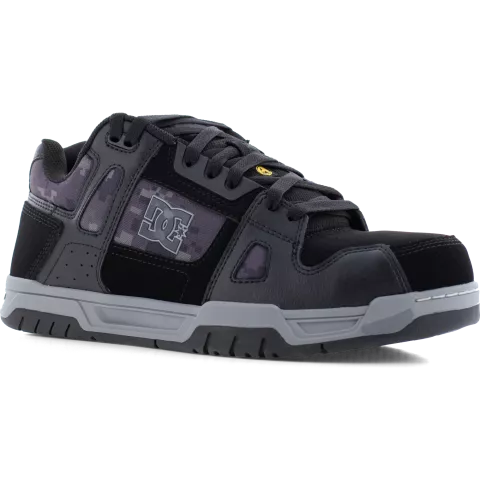
/pair

/pair
The comfort, durability, and general safety of overalls depend much on the materials chosen. These are some typical fabric choices for mechanic general wear:
| Fabric Type | Properties |
| Cotton | Breathable, comfortable, and natural. Suitable for moderate-risk work. |
| Polyester | Durable and resistant to wrinkles and shrinkage. Often used in blends. |
| Cotton-Polyester Blend | Combines breathability with durability and low maintenance. |
| Flame-Resistant Fabric | Provides added protection for mechanics exposed to heat or flames. |
Mechanics’ clothes in Europe have to meet a number of safety standards. Check out these important certifications:
Select overalls certified to fit the particular hazards of your workplace. If the job calls for welding, for instance, choose EN ISO 11611 certified overalls.
The design of mechanic overalls should balance comfort, flexibility, and practical features that suit everyday tasks. Key design aspects include:
Mechanics sometimes have to store tiny tools and bits close at reach. Particularly secure, zipped ones are great overall with several pockets. Seek for:
As a mechanic, you have to move and press on certain parts of your overalls all the time, like the knees, elbows and pockets. In these places, reinforced stitching makes the fabric last longer by stopping wear and tear in high-stress areas.
Overalls with adjustable waistbands, cuffs, and straps can provide a customized fit, improving both comfort and functionality.
Comfort and fit are essential to ensure mechanics can move freely throughout the day. The fit should allow for a full range of motion while remaining secure and comfortable. Important factors include:
Overalls for mechanics are likely to get dirty, stained, or greasy. Here’s what to look for in easy-to-clean overalls:
What kind of material, features, and name affect how much an overall costs. Although there are cheaper choices, it may be more cost-effective to buy a higher-quality pair that meets safety standards and lasts longer.
To make an informed choice, consider these best practices:
Selecting overalls for mechanics involves assessing safety, comfort, durability, and maintenance needs. By considering factors like fabric type, certifications, design, and fit, you can ensure your choice meets occupational standards and provides a reliable, comfortable workwear solution.
Choose wisely to equip yourself with overalls that not only meet workplace demands but also provide the comfort and protection essential for daily tasks in a mechanic’s role. A well-chosen pair of overalls can significantly enhance productivity and safety on the job.
Thank you! You've signed up for our newsletter.



















Overwhelmed by PPE options for food safety? Master your PPE selection for food workers safety with these practical tips.

Struggling to maintain clear vision in demanding environments? This guide is here to help. By the end, you’ll know exactly...

Electricians across Europe face unique challenges that require reliable safety glasses to ensure both protection and efficiency. Whether safeguarding against...

Overwhelmed by PPE options for food safety? Master your PPE selection for food workers safety with these practical tips.

Struggling to maintain clear vision in demanding environments? This guide is here to help. By the end, you’ll know exactly...

Electricians across Europe face unique challenges that require reliable safety glasses to ensure both protection and efficiency. Whether safeguarding against...
Get 10€ off on your first order!
Save 30% by buying directly from brands, and get an extra 10€ off orders over €100
Save 30% by buying directly form brands, and get an extra 10€ off orders over €100